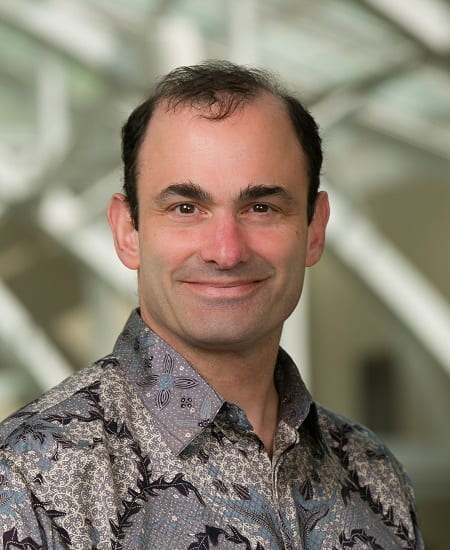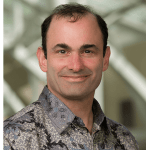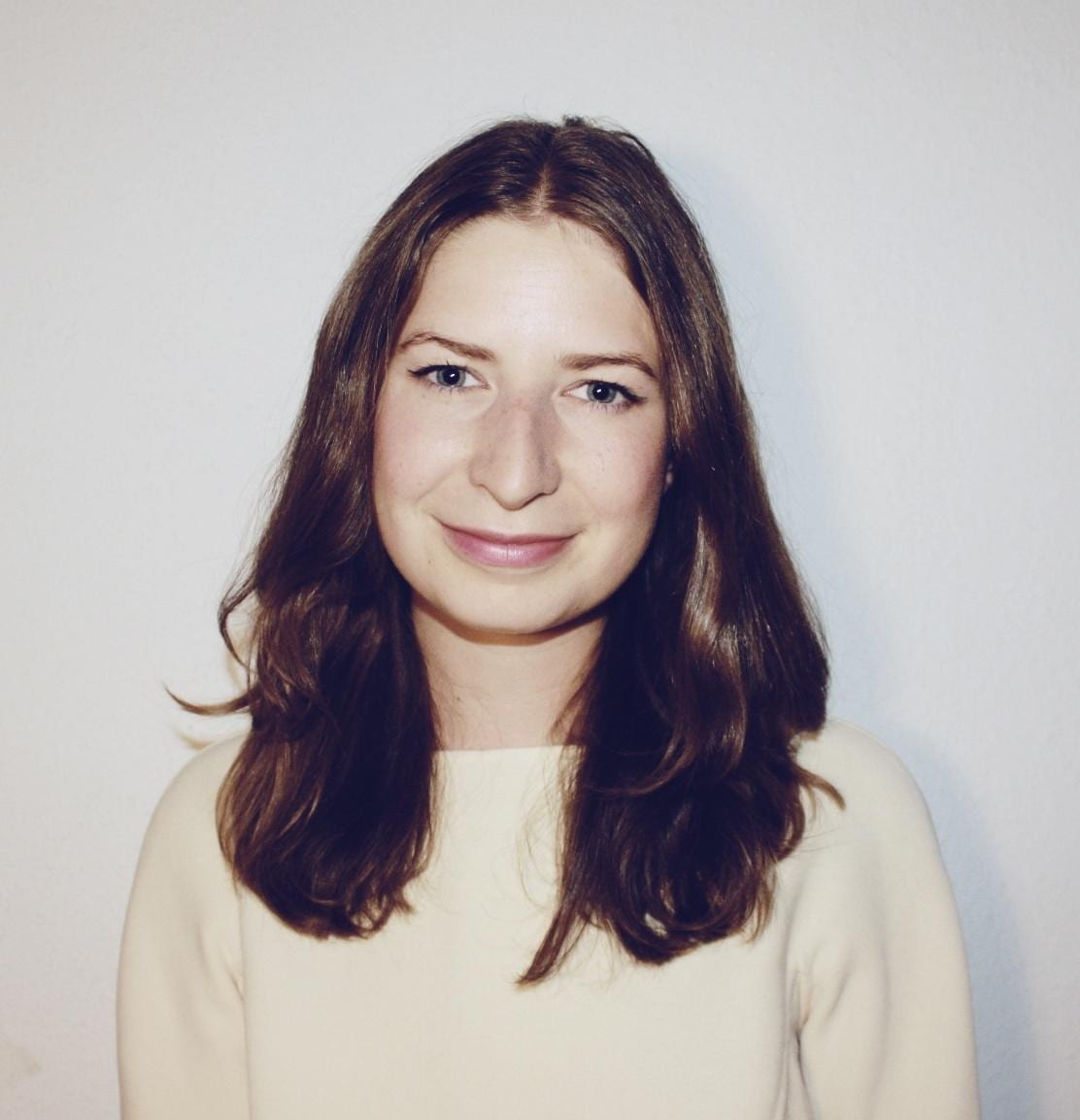Check out Prof. Rory Medcalf’s article on “Australia And China: understanding the reality check” in the link below!!
Monday, September 10, 2018
12:30 PM – 1:45 PM
Room 505
1957 E St. NW
Washington DC 20052

As China increasingly exerts its power around the world, one country has become an unlikely front line in the contest for influence: Australia. This country recently introduced tough laws against foreign interference and espionage, followed by a decision effectively to ban Chinese corporates from its 5G network. These actions have defined Australia’s position at the leading edge of a global trend to push back against the ‘sharp power’ of China’s Communist Party in influencing the internal affairs of other states.
In this public lecture, prominent Australian strategic analyst Rory Medcalf will examine this vital US ally’s new assertion of its interests and independence. He will position Australia’s China debate in the broader dynamic of strategic competition in the Indo-Pacific region and consider wider implications for the United States, allies and partners in managing Chinese power while avoiding both capitulation and conflict.
Light refreshments will be available.
About the Speaker:
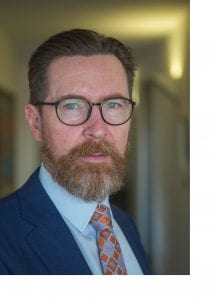
Professor Rory Medcalf is Head of the National Security College at the Australian National University in Canberra. He has led the College’s expansion to leverage its academic and training programs as a key think tank for futures analysis and policy contestability in Australia’s national security community. His career spans diplomacy, intelligence analysis, think tanks, academia and journalism. He was founding director of the international security program at the Lowy Institute and an adviser on Australia’s 2016 Defence White Paper. Professor Medcalf is known internationally as an early proponent of the increasingly influential Indo-Pacific concept of the Asian strategic environment. He is a Nonresident Senior Fellow with the Brookings Institution.
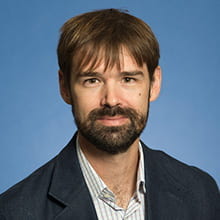
Moderator: Benjamin D. Hopkins is a specialist in modern South Asian history, in particular that of Afghanistan, as well as British imperialism. His research focuses on the role of the colonial state in creating the modern states inhabiting the region. His first book, The Making of Modern Afghanistan, examined the efforts of the British East India Company to construct an Afghan state in the early part of the nineteenth century and provides a corrective to the history of the so-called ‘Great Game.’ His second book, Fragments of the Afghan Frontier, co-authored with anthropologist Magnus Marsden, pairs a complex historical narrative with rich ethnographic detail to conceptualize the Afghan frontier as a collection of discrete fragments which create continually evolving collage of meaning.


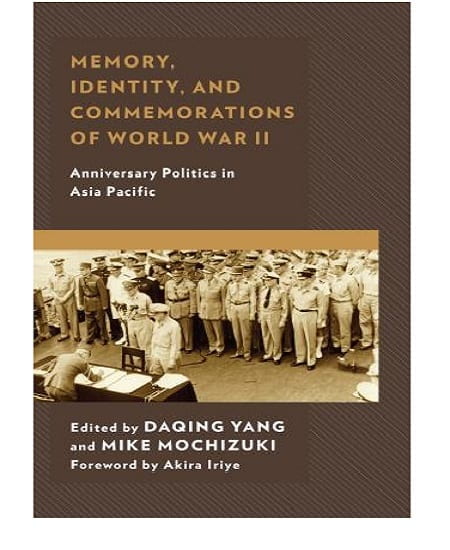
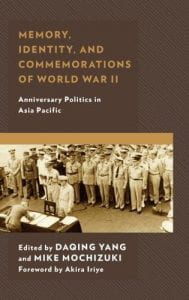
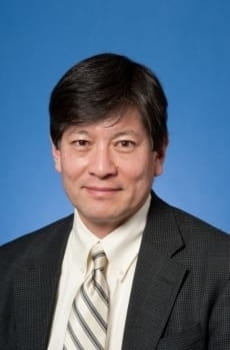



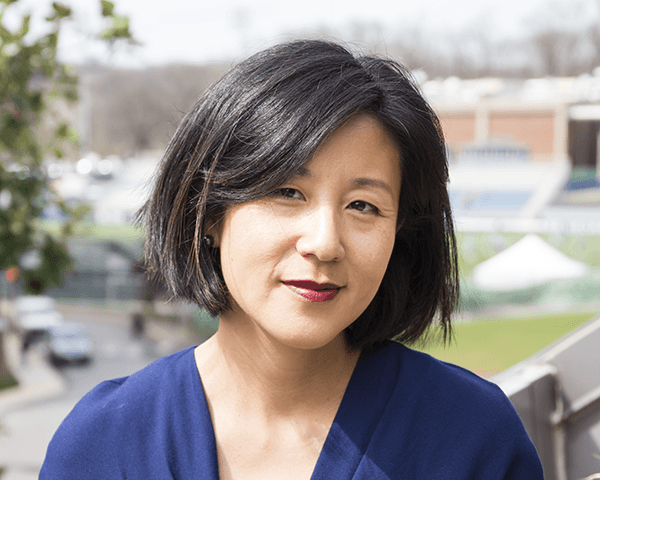
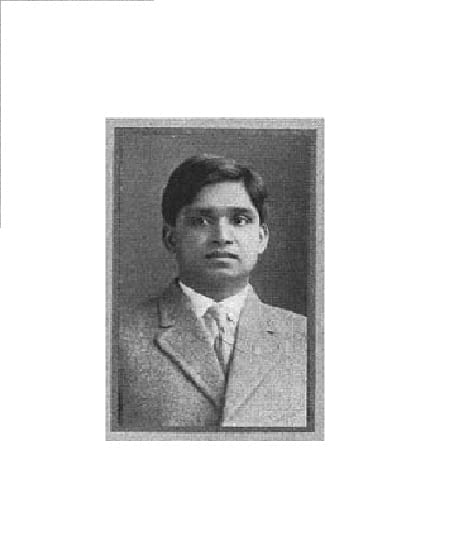
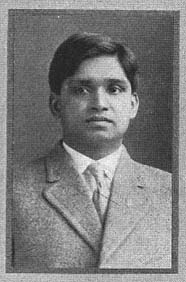
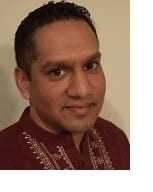 Neilesh Bose is Assistant Professor of History and Canada Research Chair of Global and Comparative History at the University of Victoria in Victoria, BC, CANADA. Dr. Bose is an historian of modern South Asia with interests in colonialism and decolonization, settler colonialisms, migration, nationalism, literary history, and intellectual history. Published work includes the book
Neilesh Bose is Assistant Professor of History and Canada Research Chair of Global and Comparative History at the University of Victoria in Victoria, BC, CANADA. Dr. Bose is an historian of modern South Asia with interests in colonialism and decolonization, settler colonialisms, migration, nationalism, literary history, and intellectual history. Published work includes the book 
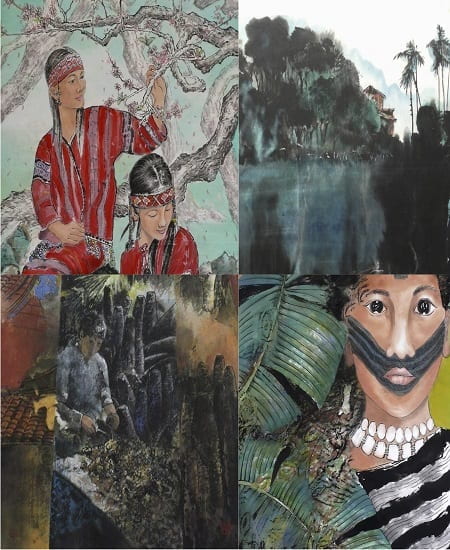
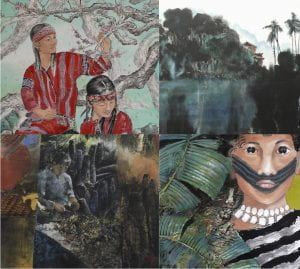
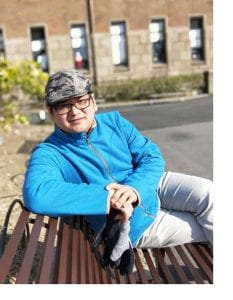


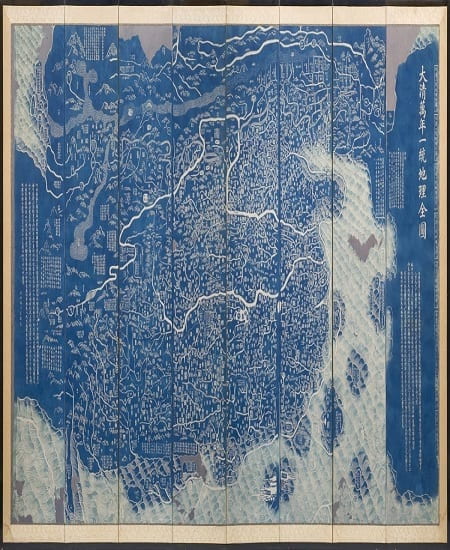

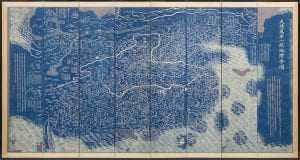


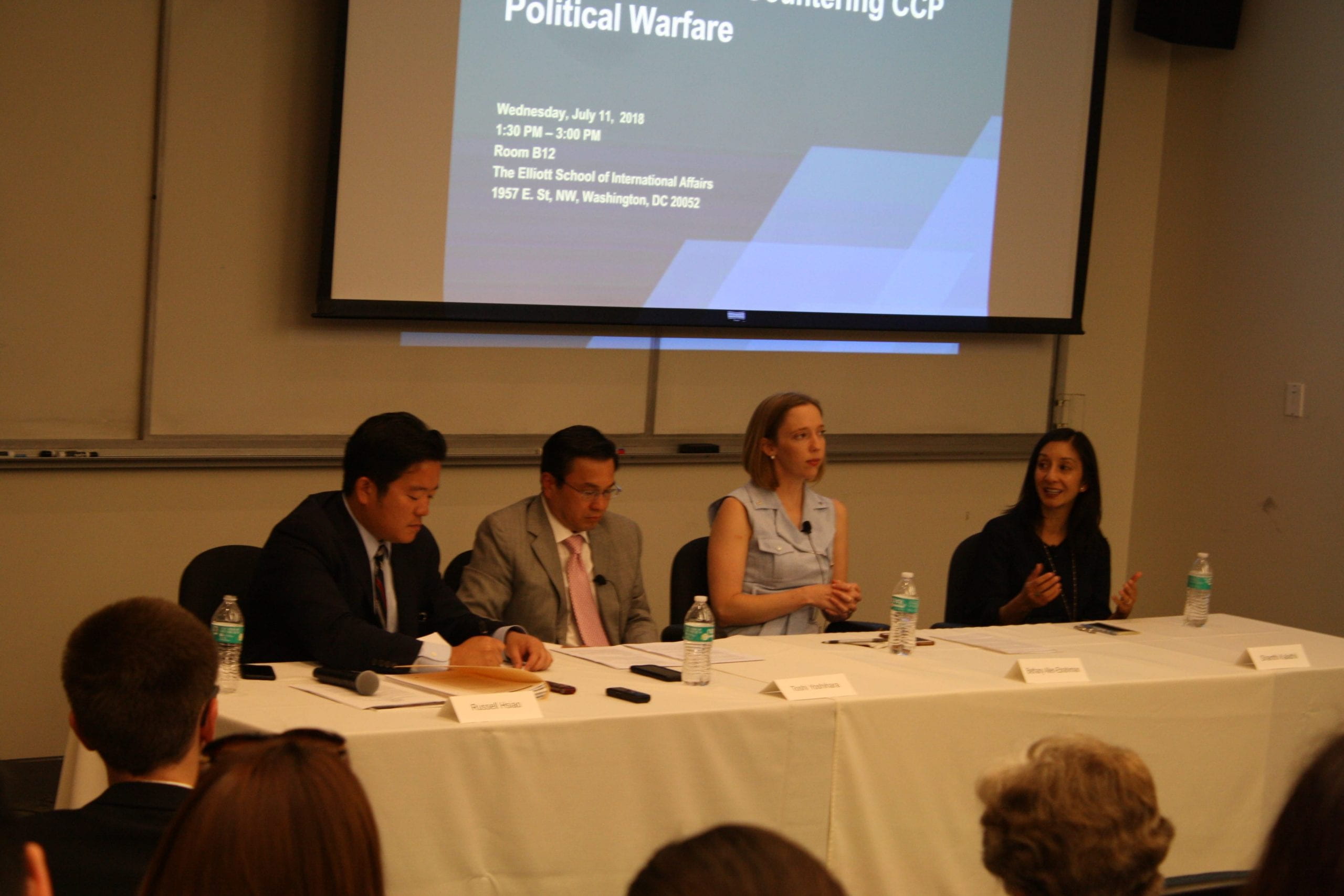
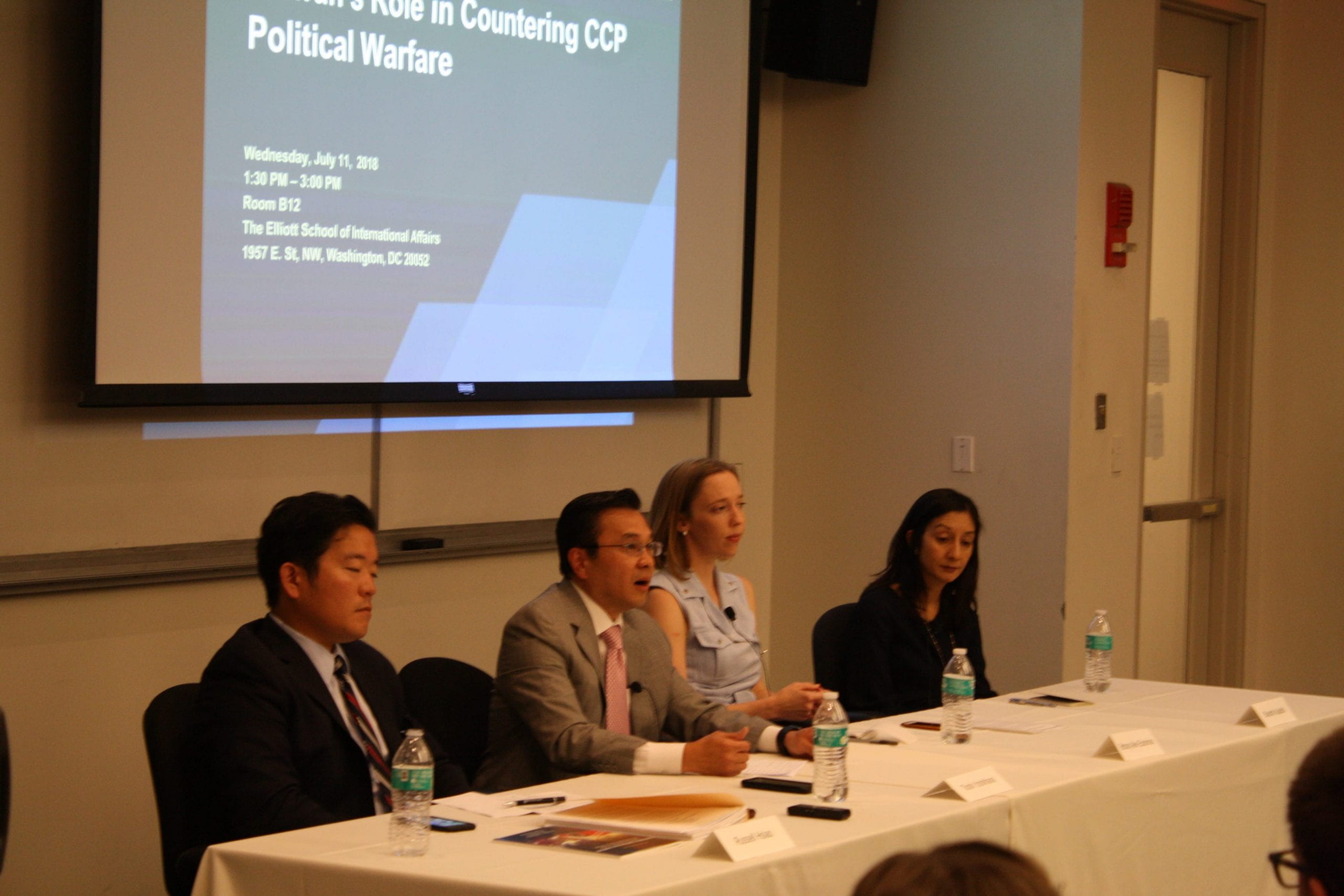
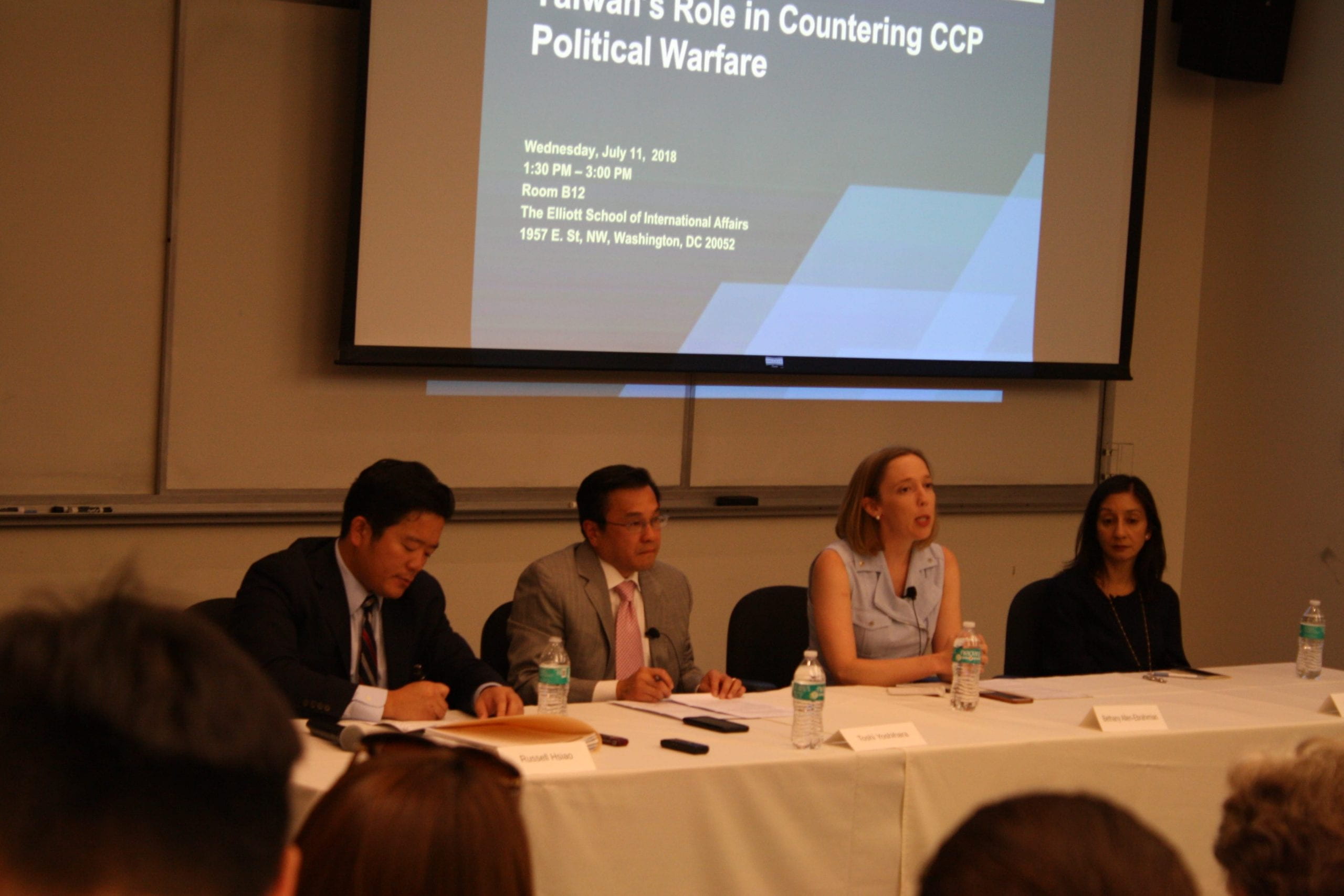
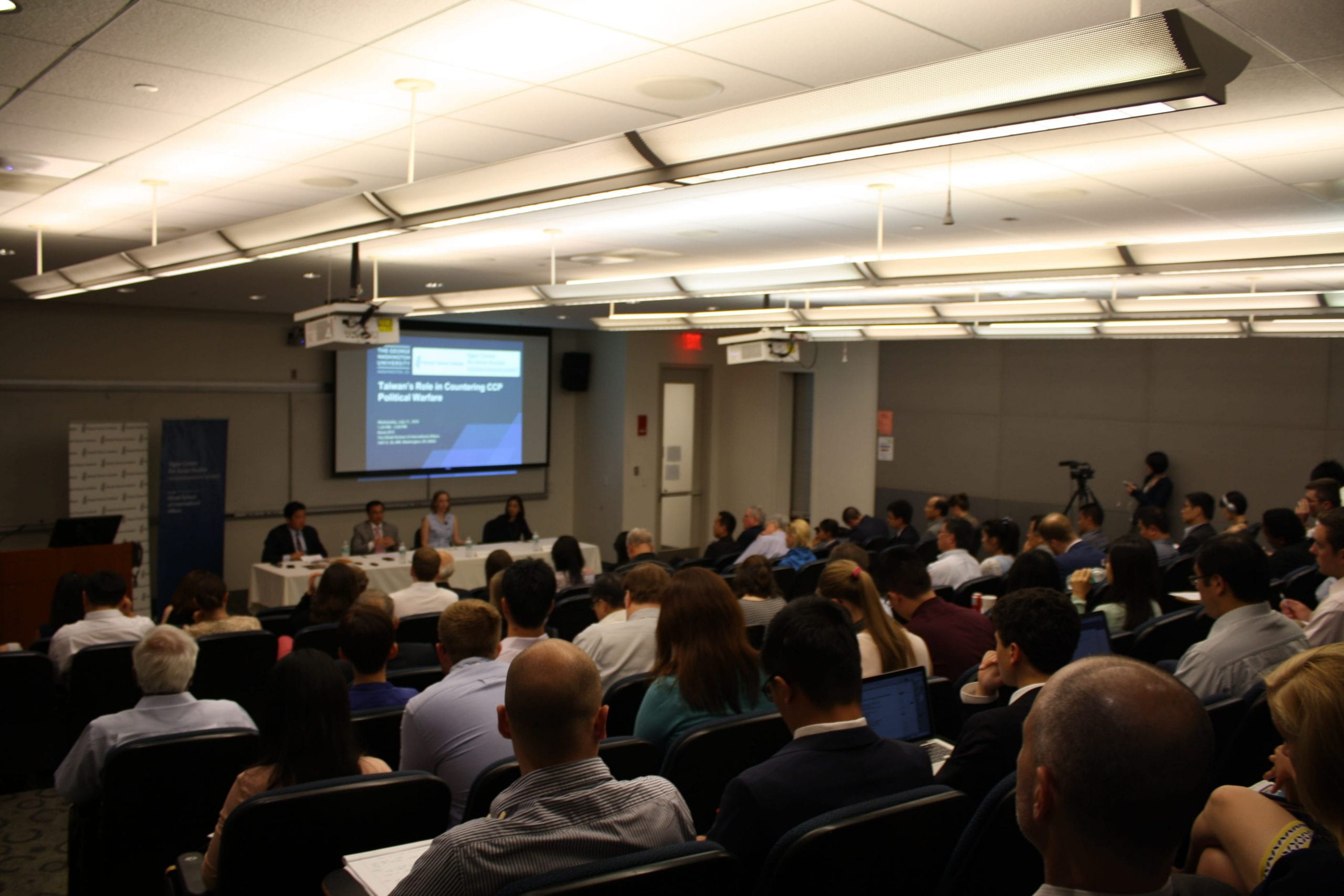
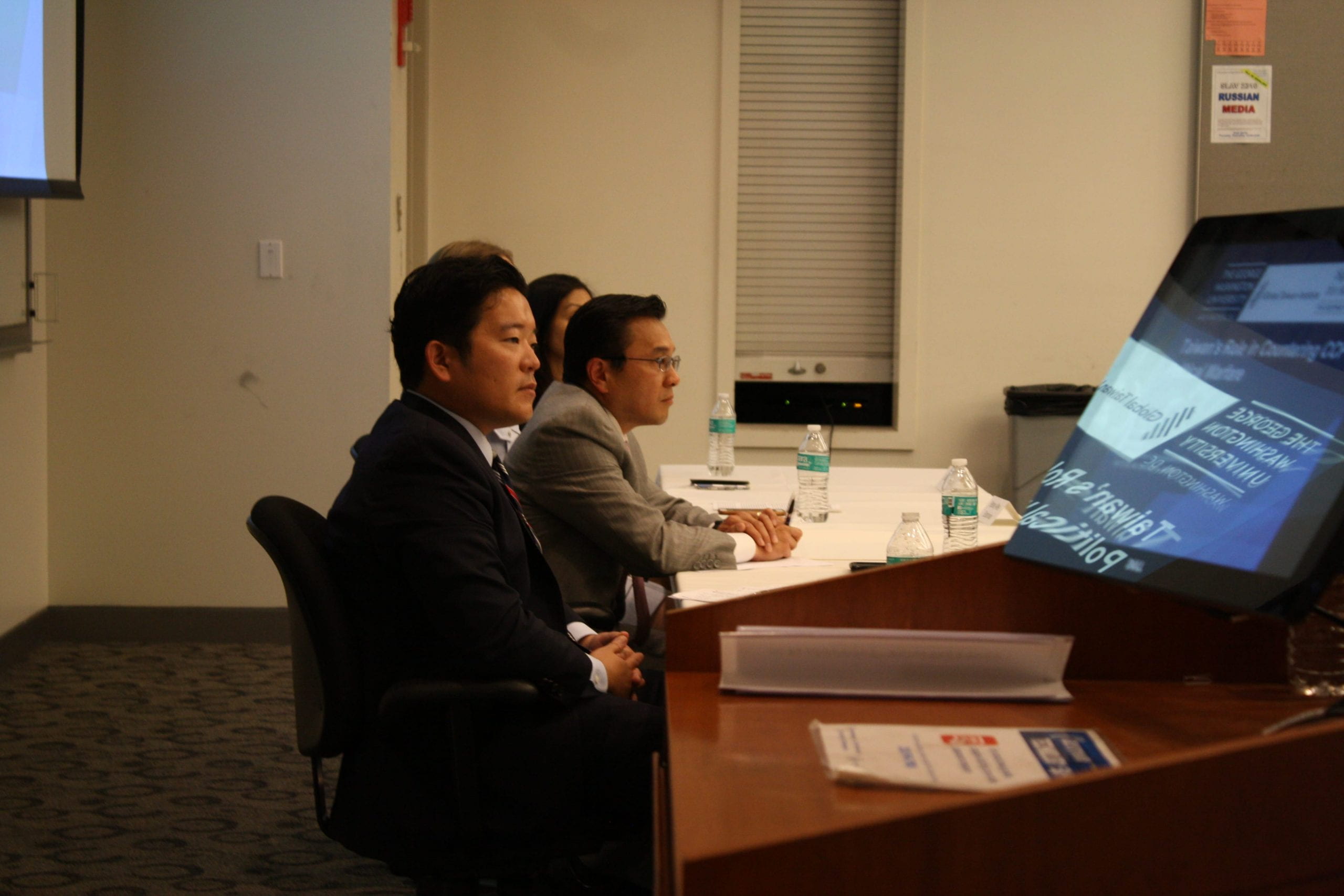
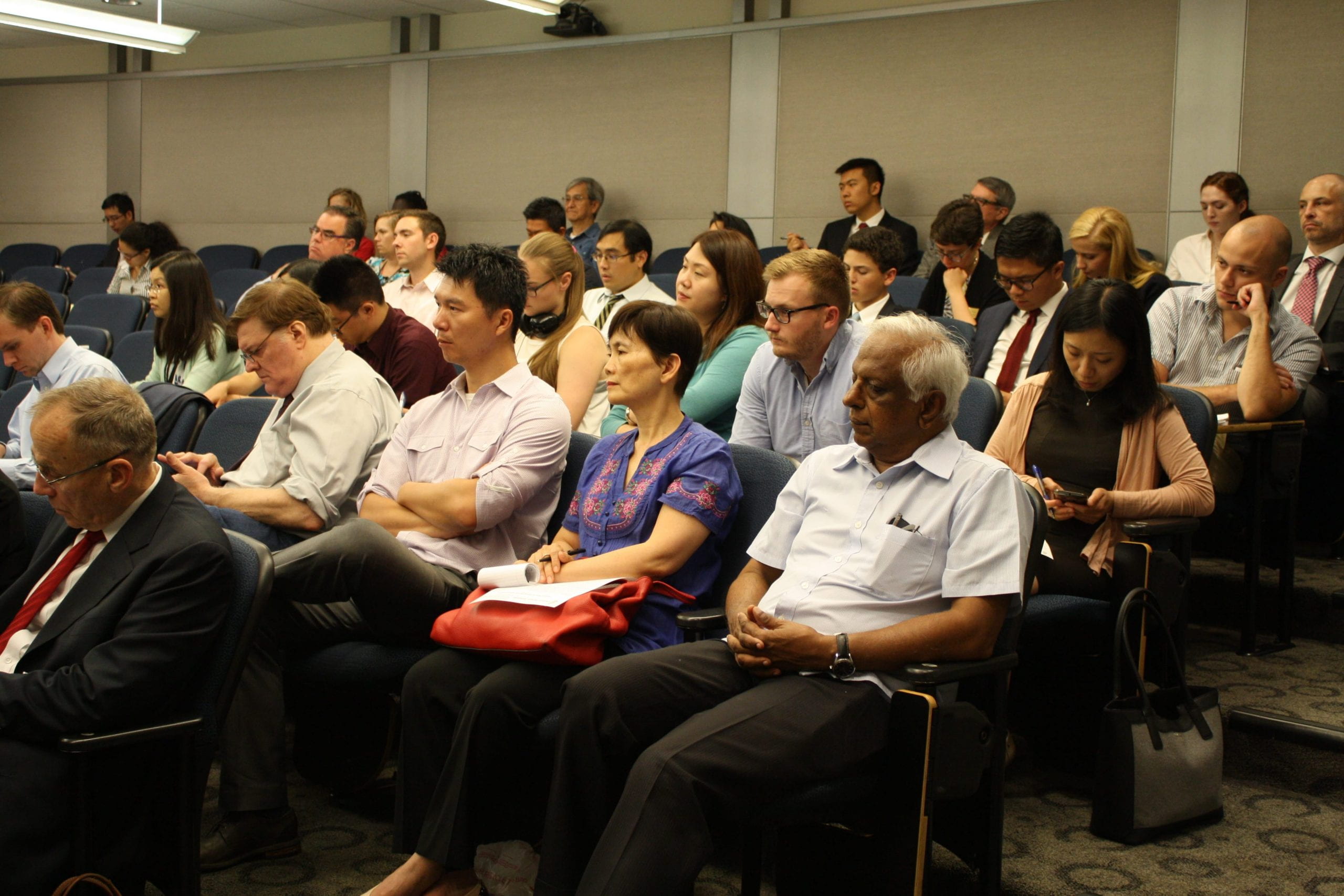
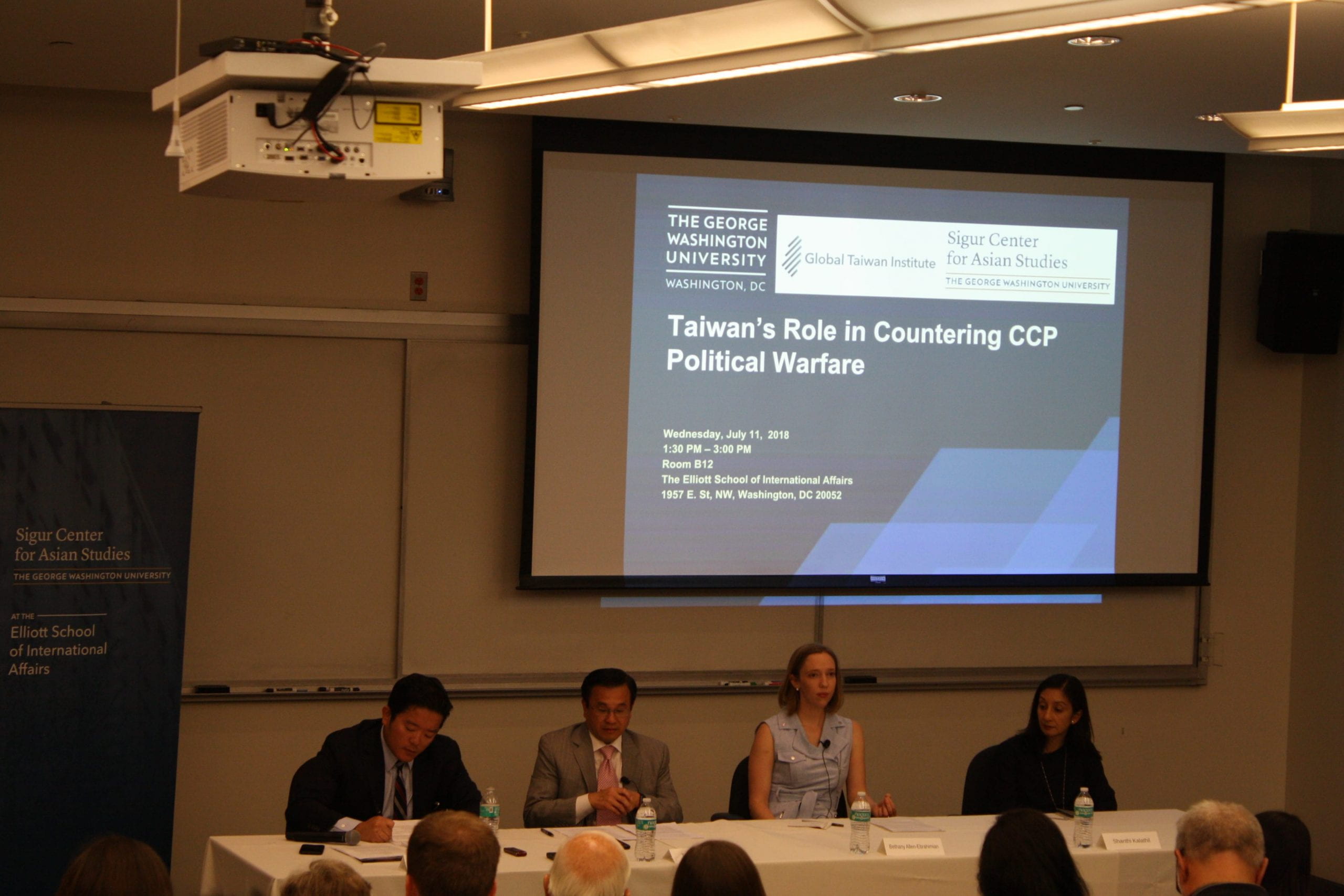
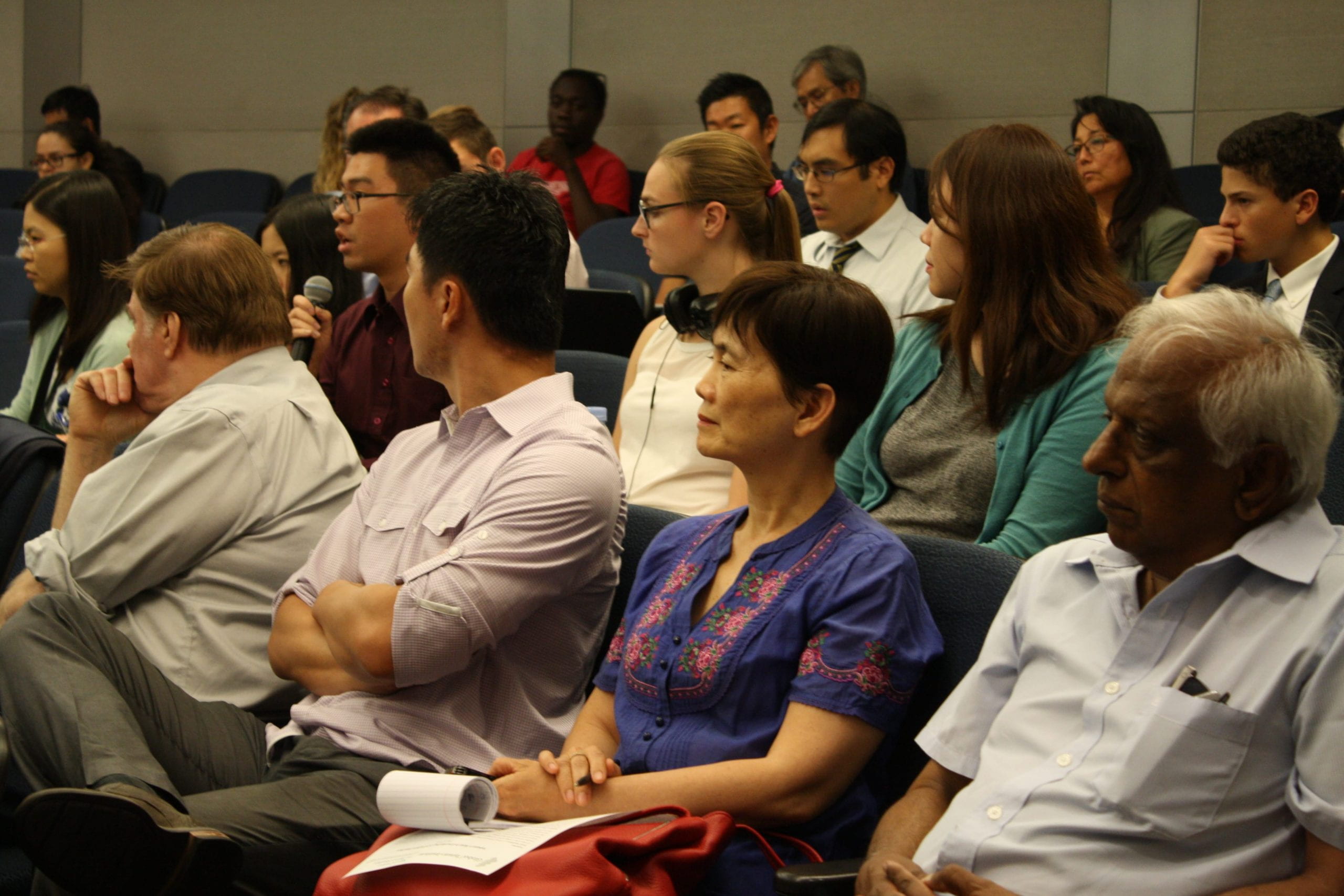
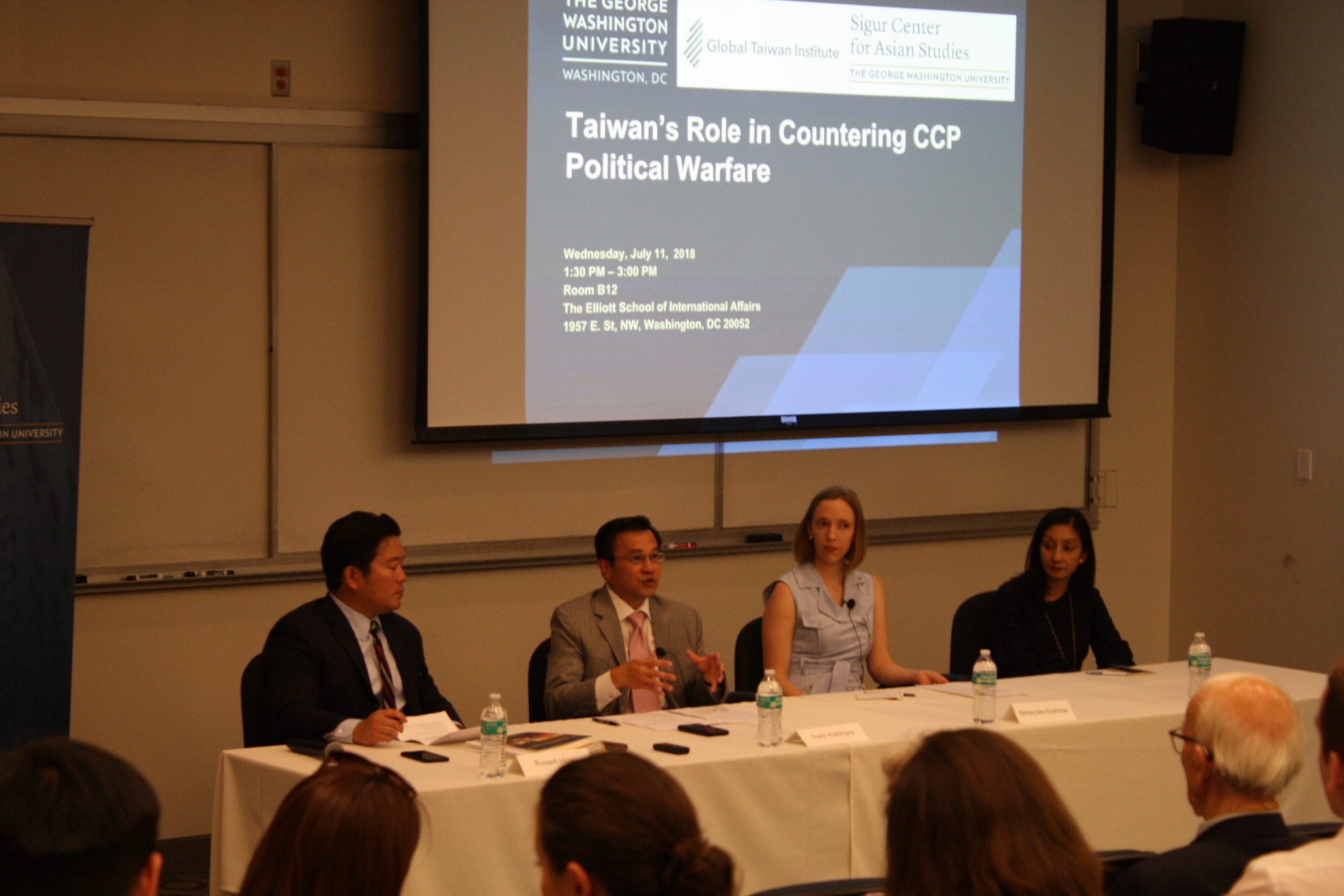

 Patrick M. Cronin is a Senior Advisor and Senior Director of the Asia-Pacific Security Program at the Center for a New American Security (CNAS). Previously, he was the Senior Director of the Institute for National Strategic Studies (INSS) at the National Defense University, where he simultaneously oversaw the Center for the Study of Chinese Military Affairs. Prior to leading INSS, Dr. Cronin served as the Director of Studies at the London-based International Institute for Strategic Studies (IISS). At the IISS, he also served as Editor of the Adelphi Papers and as the Executive Director of the Armed Conflict Database. Before joining IISS, Dr. Cronin was Senior Vice President and Director of Research at the Center for Strategic and International Studies (CSIS).
Patrick M. Cronin is a Senior Advisor and Senior Director of the Asia-Pacific Security Program at the Center for a New American Security (CNAS). Previously, he was the Senior Director of the Institute for National Strategic Studies (INSS) at the National Defense University, where he simultaneously oversaw the Center for the Study of Chinese Military Affairs. Prior to leading INSS, Dr. Cronin served as the Director of Studies at the London-based International Institute for Strategic Studies (IISS). At the IISS, he also served as Editor of the Adelphi Papers and as the Executive Director of the Armed Conflict Database. Before joining IISS, Dr. Cronin was Senior Vice President and Director of Research at the Center for Strategic and International Studies (CSIS).
 Robert Sutter is Professor of Practice of International Affairs at the Elliott School of George Washington University beginning in 2011. He also serves as the school’s Director, Program of Bachelor of Arts in International Affairs. A Ph.D. graduate in History and East Asian Languages from Harvard University, he has published 20 books, over 200 articles and several hundred government reports dealing with contemporary East Asian and Pacific countries and their relations with the United States. Sutter’s government career (1968-2001) involved work on Asian and Pacific affairs and US foreign policy for the Congressional Research Service of the Library of Congress, the Central Intelligence Agency, the Department of State, and the Senate Foreign Relations Committee.
Robert Sutter is Professor of Practice of International Affairs at the Elliott School of George Washington University beginning in 2011. He also serves as the school’s Director, Program of Bachelor of Arts in International Affairs. A Ph.D. graduate in History and East Asian Languages from Harvard University, he has published 20 books, over 200 articles and several hundred government reports dealing with contemporary East Asian and Pacific countries and their relations with the United States. Sutter’s government career (1968-2001) involved work on Asian and Pacific affairs and US foreign policy for the Congressional Research Service of the Library of Congress, the Central Intelligence Agency, the Department of State, and the Senate Foreign Relations Committee.